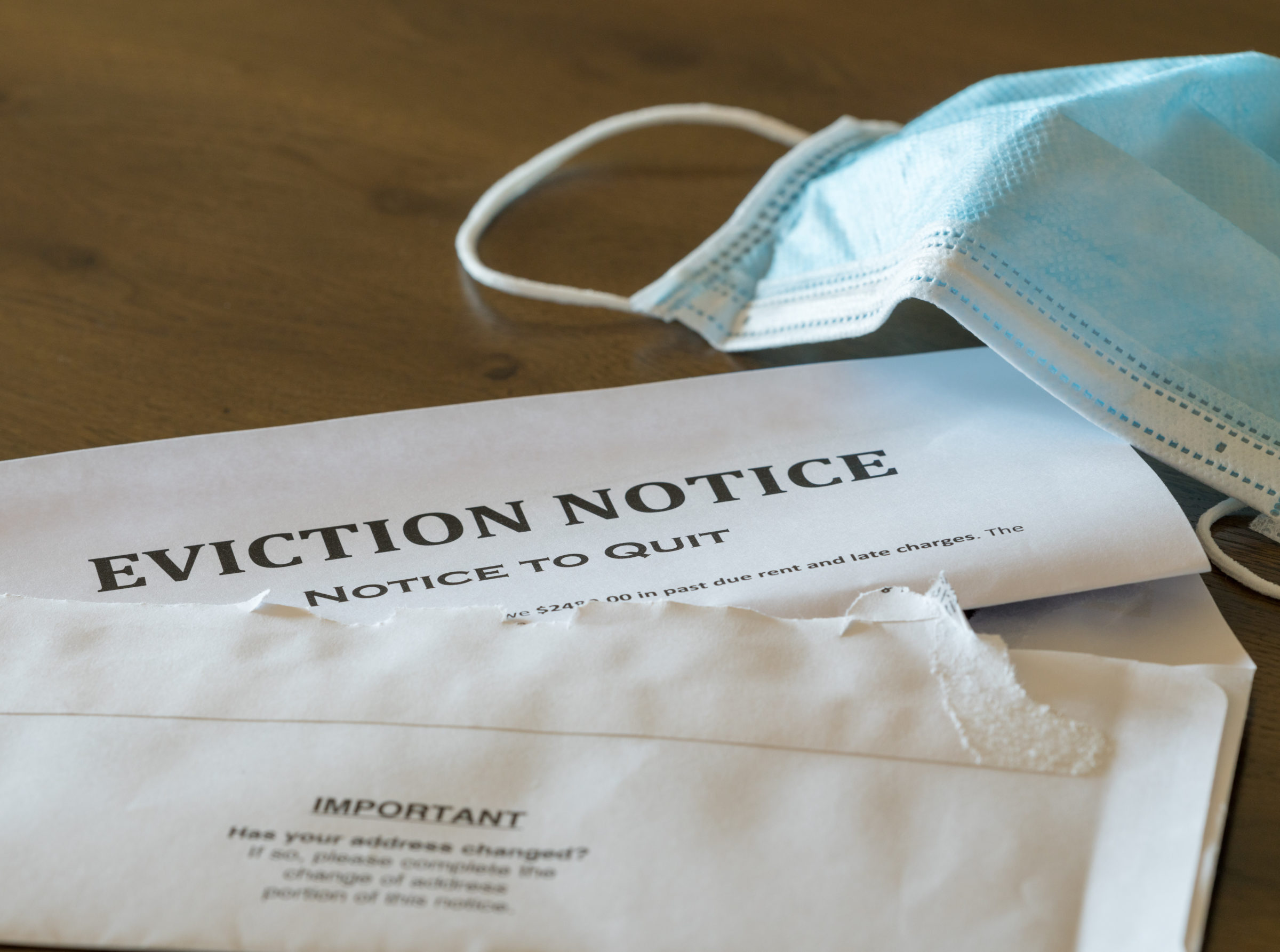Medical Journal: Impede Evictions for ‘Health Equity’
Originally published at National Review- Categories
- COVID-19
In the woke medical journals, almost every social problem is defined as a public health issue. Publications such as the New England Journal of Medicine, The Lancet, and even the Journal of the American Medical Association, regularly push advocacy pieces that have less to do with medicine and more to do with turning the U.S. hard a’port politically. And don’t even start with the bioethics journals that are even more radical.
True to form, the increasingly equity-obsessed NEJM just published a progressive political tome–by two lawyers–arguing that “housing policy” should “support health equity,” by which they mean that public-health law should constrain evictions and destroy single family home zoning.
Note the deployment of the usual hard-left jargon, such as capitalizing race categories. From, “Evictions and the Necessary Conditions for Health:”
We believe that the level of eviction in the United States is cruel, unhealthy, and inefficient. It is also a symptom of broader, interconnected diseases: structural racism, yawning economic inequality, and the commodification of housing, which have resulted in a broken system of laws, policies, and practices affecting housing affordability, stability, quality, and equity. Black tenants are more likely than White tenants to face eviction. Segregation, which tends to result in Black people living in less-affordable and lower-quality housing than White people, is still perpetuated by policy.
Talk about antipathy to free markets and private property. The authors want public health policy to make evictions far more difficult:
Increasing the cost of eviction for landlords — for example, by providing low-income tenants with free lawyers (and thereby forcing landlords’ attorneys to litigate rather than just show up to eviction hearings) or raising filing fees for evictions — could help reduce the casual use of eviction as a standard business practice. But these measures aimed at reducing eviction rates treat the symptom without addressing the broader problem of a broken housing system.
And, we need to increase what used to be called welfare payments, as well as raise the minimum wage–again as a matter of public health law–and further centralize regulation over the housing market:
Putting more money in tenants’ pockets could help them pay market rents. Fully funding Section 8 and eliminating barriers to the program’s use would help millions of people. Raising local minimum wages to a level sufficient to keep housing costs at 30% of income is another tool. Like the Earned Income Tax Credit, the temporary Child Tax Credit and other Covid-related measures have reduced the poverty rate. Making further changes to tax and expenditure policies with a goal of expanding the middle class would help many people get and keep housing. Given the market’s abject failure in this area, regulatory actions to stabilize housing prices and tenancy are justified.
And guess who will have to pay? People who own and live in their own homes:
Given the level of demand, the United States should be seeing a housing boom, but the government will have to prime the pump and nudge the market to build the right kinds of units in the right places. Substantial and sustained federal investment will require major shifts in budgeting decisions and resource allocation, starting with significantly scaling back the ill-conceived home mortgage interest deduction, which benefits homeowners who take out mortgages, but not tenants, or replacing it with a housing-related tax credit that would provide benefits more equitably.
So, this is what public health law governing real estate would mean:
- Centralized regulation over everything from zoning decisions to rent prices and eviction law.
- Destruction of single-family-home neighborhoods (a policy endorsed by President Biden).
- Landlords prevented from having ultimate control over their own property, meaning fewer individuals and corporations willing to go into the rental housing business, meaning the need to build more public housing.
I think the idea is to make us a primarily renting culture instead of a home owning society. Yeah, that will make our communities far more liveable!
Woke medical journals are harnessing the authority of medicine to further a campaign of jurisdictional imperialism that seeks to transform most contemporary social controversies into matters of public health–with woke progressive political solutions. If they succeed in this gambit, cities and towns throughout the country will devolve into communities as chaotic and dysfunctional as are Seattle, Los Angeles, and San Francisco.
No thank you. Physician, heal thyself.
